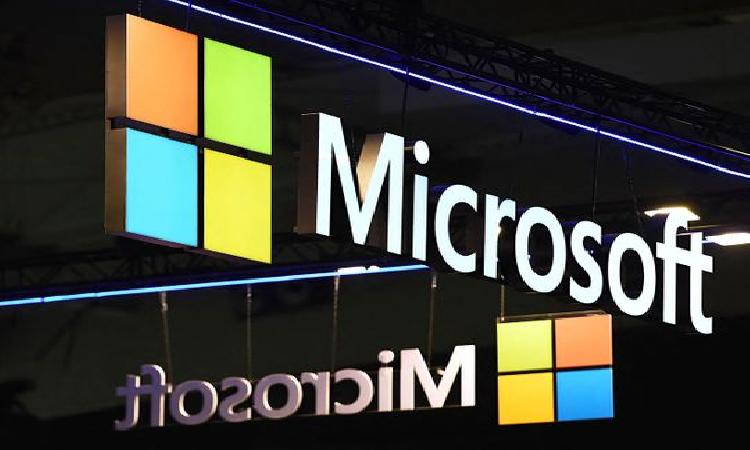

Six months after unbundling the two products in Europe to try and avoid a potential EU antitrust charge, Microsoft announced on Monday that it will pitch its chat and video program Teams independently from its Office suite worldwide.
Following a complaint by the rival workspace messaging software Slack, which is owned by Salesforce, in 2020, the European Commission began looking into Microsoft's integration of Office and Teams.
Teams, which was a free addition to Office 365 in 2017, eventually took the position of Skype for Business. Its video conferencing feature helped Teams gain popularity during the pandemic.
However, competitors claimed Microsoft had an unfair edge because the products are packaged together. On October 1st of last year, the business began selling the two goods separately throughout the EU and Switzerland.
A Microsoft representative stated that in order to guarantee clarity for our clients, we are expanding the actions we took last year to unbundle Teams from M365 and O365 in the European Economic Area and Switzerland to clients worldwide.
This also takes into account the European Commission's criticism, giving multinational corporations greater leeway in terms of standardizing their purchasing across national borders.
Microsoft finally gave in to pressure from the Justice Department in 1998 for allegedly leveraging its monopoly on the Windows platform to suppress competition from other web browsers, and as a result, the corporation relinquished control over the software that computer makers could install on their devices.
After that modification, rival web browsers gained enormous traction; nevertheless, analysts predict that Microsoft separating Teams from Office will not have the same profound impact.
According to RBC Capital Markets analyst Rishi Jaluria, "Enterprise products are a different beast, and Teams is so embedded into workflows that I don't think this has that same impact."
According to Sensor Tower data, the amount of Microsoft Teams' user base has remained relatively stable since the platform was separated from Microsoft 365 and Office Suites in Europe in October 2023.
The market research firm believes that, at 19 million, Monthly Active Users of the Microsoft Teams mobile app were largely unchanged in the first quarter of 2024 when compared to the fourth quarter of 2023.
In a blog post, Microsoft announced the launch of a new array of commercial Office 365 and Microsoft 365 suites that do not contain Teams for customers in locations outside of Switzerland and the European Economic Area (EEA), as well as a new Teams standalone offering for Enterprise customers in those territories.
Customers have until April 1st to decide whether to stick with their present licensing agreement, renew, update, or choose one of the new options.
Office without Teams costs $7.75 to $54.75 for new commercial users, depending on the package, whereas Teams Standalone is $5.25. Based on the country and currency, the figures could change. The prices of the company's current packaged products were not disclosed.
The level of costs and Microsoft's messaging services' compatibility with Office Web Applications in other companies' offerings are being criticized by rivals; it is possible that Microsoft's unbundling will not be sufficient to fend off EU antitrust accusations, which are expected to be brought against the business in the coming months, according to sources.
Although this action could not totally prevent additional regulatory scrutiny, Gil Luria, a senior software analyst at D.A. Davidson, believes that it could at least sway regulators' opinion by demonstrating to them Microsoft's willingness to take the initiative.
If found guilty of antitrust violations, Microsoft, which has paid 2.2 billion euros ($2.4 billion) in fines to the EU over the last ten years for linking or bundling two or more products together, could face penalty equal to up to 10% of its yearly global revenue.